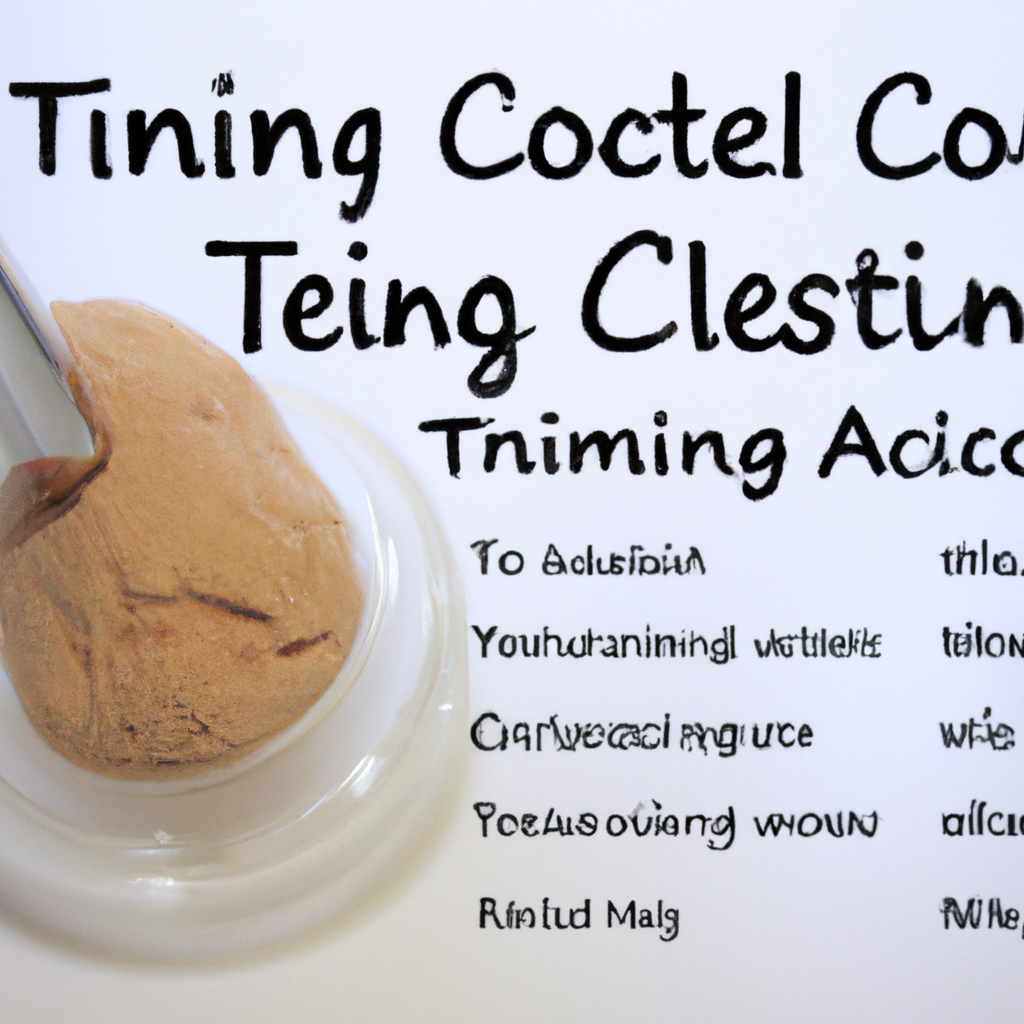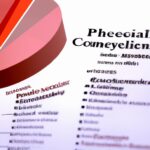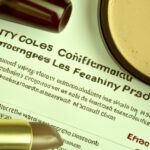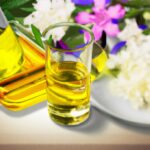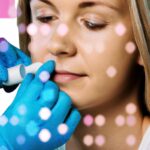Understanding How Non-Animal Cosmetic Testing Works
Consumers are increasingly conscientious about their purchases, especially when it comes to luxury cosmetics. They are looking for high-quality and natural ingredients, which leads to the rise of non-animal testing in the cosmetic production. This article takes a closer look at non-animal testing and discusses its importance in the luxury industry.
What is non-animal testing in cosmetics?
Non-animal testing in cosmetics is the practice of producing and evaluating cosmetics without the use of animal testing. This is primarily done to assess the safety of products before they are brought to the market. It is generally accepted that animal testing is not necessary for establishing the safety of cosmetics, since it does not reflect the wide range of skin types, textures, and sensitivities of humans.
What are the benefits of non-animal testing?
Non-animal testing provides a number of benefits, including:
-
- Improving product safety for consumers
-
- Reducing costs for luxury cosmetic companies
-
- Fostering a better understanding of product safety
-
- Protecting the environment from harmful chemicals
-
- Helping to reduce animal suffering
The main benefit of non-animal testing is that it provides a reliable means of evaluating the safety of luxury cosmetics without relying on animal testing, which many consumers find unethical.
What types of non-animal testing are available?
There are various types of non-animal tests available for evaluating the safety of luxury cosmetics, including:
-
- In vitro tests: In vitro tests are conducted in a laboratory, using cell cultures and other components of the skin, such as collagen and keratin. These tests are designed to simulate the characteristics and reactions of the human body in order to assess the potential for irritation, sensitization, and other adverse reactions.
-
- Computer modeling: Computer modeling is another type of non-animal test that uses computer software to simulate human skin reactions. These tests are designed to evaluate the potential adverse reactions of a compound on the skin, and assess the potential for sensitization and irritation.
-
- Epidemiological studies: Epidemiological studies involve the observation of human populations over time to assess the incidence of adverse reactions to cosmetic ingredients. This type of non-animal testing is often used to assess the safety of new ingredients, as well as to evaluate existing ingredients.
Are non-animal testing methods reliable?
Yes, non-animal testing methods are reliable, and in many cases, they are more reliable than animal tests, since they more accurately reflect human skin responses and reactions. Furthermore, many of these tests can be conducted quickly and at a lower cost than animal tests, making them attractive to luxury cosmetic companies.
Are there any risks associated with non-animal testing?
The only potential risks associated with non-animal testing are related to the accuracy and reliability of the test results. Since non-animal tests do not necessarily provide an exact replication of all possible human skin responses, there is a potential for errors or imprecise results. In addition, the accuracy of the test results may depend on the specific methodology and techniques used in the test.
Conclusion
Non-animal testing techniques are increasingly being adopted by luxury cosmetic companies as an effective and ethical way to evaluate the safety of their products. Non-animal testing methods are reliable, cost-effective, and better reflect the unique characteristics of human skin. This makes them an attractive alternative to animal testing, and helps luxury cosmetic companies ensure that their products are safe, natural, and cruelty-free.
The Importance of Non-Animal Testing in the Luxury Cosmetics Industry
In today’s conscientious consumer market, the demand for high-quality and natural cosmetics has never been greater. Luxury cosmetic companies are under pressure to provide safe and ethical products that meet the expectations of their discerning customers. This has led to the rise of non-animal testing as a crucial practice in the cosmetic industry. In this section, we will delve deeper into the importance of non-animal testing and its implications for luxury cosmetics.
Ensuring Product Safety and Consumer Confidence
One of the primary reasons luxury cosmetic companies turn to non-animal testing is to ensure the safety of their products. Non-animal testing methods, such as in vitro tests, computer modeling, and epidemiological studies, provide a more accurate reflection of human skin responses and reactions. By utilizing these methods, companies can better assess the potential for irritation, sensitization, and other adverse reactions on human skin.
When luxury cosmetic companies invest in non-animal testing, they demonstrate their commitment to consumer safety and gain the trust and confidence of their target audience. Consumers are increasingly concerned about the impact of their purchases on animals and the environment. By adopting non-animal testing, companies can assure their customers that their products are cruelty-free, while still upholding high standards of quality and safety.
Reducing Costs and Increasing Efficiency
Aside from the ethical implications, non-animal testing also offers practical advantages for luxury cosmetic companies. Animal testing can be a lengthy and expensive process, requiring extensive resources and compliance with regulatory standards. On the other hand, non-animal testing methods often offer quicker results at a lower cost. In vitro tests and computer modeling can be conducted within controlled laboratory environments, allowing for more efficient and cost-effective evaluation of cosmetic ingredients and formulations.
By embracing non-animal testing, luxury cosmetic companies can streamline their product development process, reduce expenses, and allocate resources more effectively. This not only benefits the company’s bottom line but also allows them to invest more in research and innovation, ultimately leading to the creation of safer and more desirable cosmetics.
Protecting the Environment and Reducing Animal Suffering
Luxury cosmetic companies have a responsibility to minimize their impact on the environment and promote sustainable practices. Animal testing often involves the use of harsh chemicals and the disposal of animal remains, both of which can have detrimental effects on ecosystems. By transitioning to non-animal testing, companies can significantly reduce their ecological footprint and contribute to the preservation of the environment.
Furthermore, non-animal testing methods help to alleviate the suffering of animals used in cosmetic testing. Animals, such as rabbits and mice, are subjected to potentially harmful substances during traditional testing procedures. By adopting non-animal testing, luxury cosmetic companies take a stance against animal cruelty and promote a more compassionate and humane approach to cosmetic safety evaluation.
In conclusion, non-animal testing has become an indispensable practice in the luxury cosmetics industry. Its significance extends beyond meeting regulatory requirements; it is about meeting the expectations of discerning consumers who prioritize ethics, safety, and sustainability. By embracing non-animal testing methods, luxury cosmetic companies can ensure the safety and quality of their products, reduce costs, protect the environment, and demonstrate their commitment to animal welfare. As the demand for ethical and cruelty-free cosmetics continues to grow, the adoption of non-animal testing is not only a responsible choice but also a strategic one for companies aiming to thrive in the competitive market.

